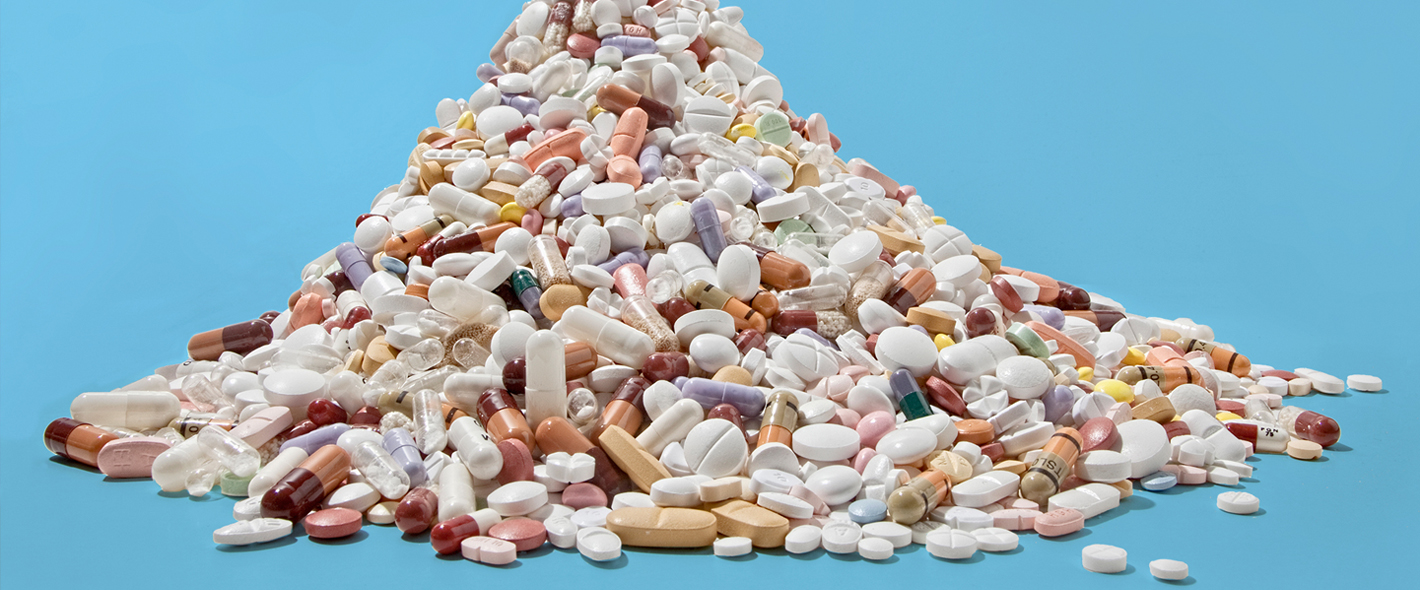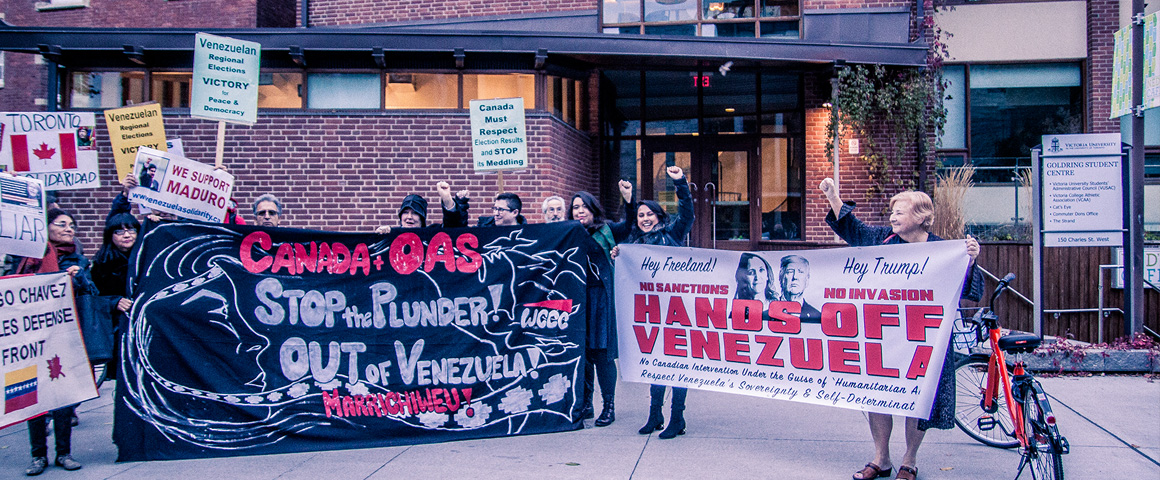With the cost of prescription drugs taking an ever-bigger bite out of wallets, the profiteering greed of Big Pharma threatens to undermine universal medicare, just as the spread of private clinics does in a different way. That’s the main reason behind near-unanimous public support for the creation of a national pharmacare plan. In a recent Angus Reid poll, 91 per cent of respondents backed such a plan. The survey also found that prescription drug access and affordability are issues for almost one-quarter of households in Canada.
But as the Council of Canadians warns, “Signs are that negotiations for a new North American Free Trade Agreement (NAFTA) could make these costs go even higher.” Dr. Joel Lexchin, an emergency room physician and professor of health policy and family medicine, says the cost of a pharmacare plan could go up, “possibly dramatically,” if intellectual property rights (IPRs) are changed to benefit corporate bottom lines.
The data on effectiveness and safety of new drugs collected during clinical trials becomes the private property of the brand-name drug companies – and cannot be used for a set period of time by generic companies which would find it very expensive to replicate the original testing. Canada used to provide five years of data protection, until lobby groups drove that up to eight years. The Council’s sources say that in the NAFTA talks which are near a conclusion, “biologics” (injectable drugs used to treat various forms of arthritis, Crohn’s disease and ulcerative colitis, multiple sclerosis and other diseases) will now have 10 years of data exclusivity, making drug plans even less affordable.
The Trudeau Liberals said they will not accept a bad NAFTA deal. Higher drug costs would certainly make life more difficult for many working people – but that won’t stop the Liberals from caving to Big Pharma.




